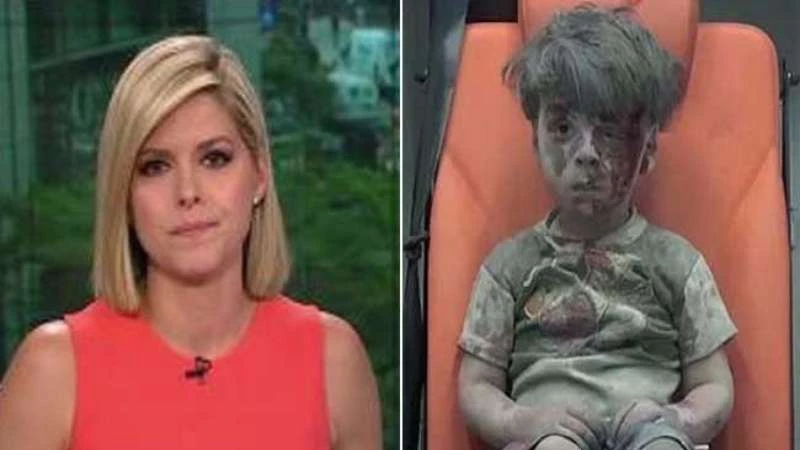“However, I do have a serious issue with what Ms. Bolduan said next. Reading off a teleprompter, she said: ‘Who’s behind it (the attack)? We don’t know,’ adds Abbas.
Abbas goes on to say that the fact remains that “the international media doesn’t do a very thorough job of identifying the perpetrators of many attacks on civilians” as Robert Ford, the former US ambassador to Damascus, puts it.
However, the writer argues, it is simply unacceptable that “we can’t find out the truth about this attack in an era of satellite imagery, high-speed internet and global telecoms,” adding that “Syria is probably the most carefully watched geographical location on our planet!”
“We should remember that our tears and angry Facebook posts will not do anything to help Omran. In fact, in a few days, the news cycle will inevitably move on and we will completely forget about him as we did with the late Aylan Kurdi.
“As such, I call upon everyone who shared Omran’s video, tweeted about their frustration at how unfair our world is and wondered how they could help to actively demand that the truth be made public.
Otherwise, you might as well stop pretending to care and go back to posting selfies and Instagram snaps of what you had for breakfast instead.
“To make it simpler for all of us, we should remember that there are only two entities who possess the capabilities to launch such an airstrike: the US-led coalition and the Russian/Syrian regime forces,” Abbas writes.
The writer then reminds his readers of the three people who died in a Syrian chlorine gas attack 10 days ago, adding that this comes "almost exactly three years after the horrific Ghouta chemical attack which took the lives of more than a thousand people,” and that this also occurred despite the Assad regime joining the Chemical Weapons Convention (CWC) and agreeing to get rid of its chemical stockpile.
“One can only imagine how many children like Omran would have suffocated in these attacks and how horrific those images would have been. Judging by the global failure to end the plight of the Syrian people, however, I am not sure if the release of such footage would have made a difference,” Abbas concludes.



التعليقات (0)